Despite how much we love the concept of organic, we disagree with the over-simplified impression that “organic guarantees safety” which seems to be so prevalent in the consumer market lately. That’s why we do not label our eligible tea certified organic, at least for now.
When asked “do you have organic teas”, my answer is always simple and firm – we do have organic certified teas, but we don’t label them. I always simplify the reasons as ‘personal choice’. But now I want to take a moment and explain my reasoning in more detail and share some personal thoughts about organic certification. Hopefully we can discuss it further in the comments below.
I have to admit that I quite love the “organic” concept, but this well-known certification is now becoming another marketing trick similar to the Fairtrade craze that swept the coffee world. While enjoying the convenience brought by modern industrial life, we are suffering from the consequences of different kinds of contamination. The concern of pesticide residue, heavy metal pollution, GMO and so on turns people to organic food as it is safer, healthier, and tastier. That’s the general impression that seems to exist about organic food, which for me is largely a marketing term. Safer? If safe equals no pesticide, then you are wrong. Organic food is not pesticide-free. It just prohibits synthetic pesticides, and even in some countries a minor amount of synthetic pesticides are allowed in organic food. So don’t be surprise if you find yourself reading a shocking report in the future about pesticide residues on organic food. Pesticides come in many forms and in general are not a cause for major concern. It’s also fairly obvious that the organic certification bodies cannot control the climate, so many organic crops can be polluted on a larger scale where rainfall actually carries the pollutants to the soil. Although the soil is checked, it cannot be checked continuously and the interval varies depending on the country issuing the certification. There is no guarantee the soil is pollution free. Healthier? Even though some studies have shown that organic food has higher quantities of various nutrition compared to conventional food, those studies overlooked many important factors in food growing, for example, the nutrition content of the soil itself. But one thing is for sure – there’s no evidence that people eating organic food live longer than people eating conventional food. Tastier? The main supporting point is healthier soil presents tastier food, which make sense but is not necessarily sufficient. For example a home grown tomato tastes much better than a grocery store tomato, however my back yard cannot produce an organic certified tomato. Organic certification is a really good standard to keep us away from those synthetic chemicals, GMO and some of pollution that might harm our body. But the relevance that it is being given seems exaggerated.
While researching organic farming, I saw the phrase ‘conventional farming’ mentioned over and over. This term implies the industrialized farming model, entirely motivated by maximum yield through whatever means possible. It also implies that without the organic certification you are assumed ‘conventional’. However many of the producers and farmers we work with use traditional farming methods. They may have no organic certification. They may not even know the concept exists, they simply may not care. I always tell people about our supreme tea Gu Zhu Zi Sun, which doesn’t have an organic certificate. After being royal tribute tea for 876 years, the tea garden was abandoned in 17th century. Once abandoned it managed to survive in the wild, and it has remained wild to the present day. The tea plants grow wild, self-seed and take whatever nature gives them, good or bad. The tea is harvested once a year because it is difficult to access. Should the producers of this tea pursue a ‘certified organic’ label?
When it comes to Chinese tea, I suspect many of you have a nagging question in the back of your mind but are too polite to ask – in many studies and reports, Chinese teas tend to have high content of heavy metal, is your tea safe? Before fast forwarding to the results, let’s have a look at the research methods. In most such studies, the methods are pretty much the same: the researchers get a bunch of different teas from the supermarket, steep each one in the water for about 3-5 minutes, then test the lead content of the water. Some of studies even test the water after steeping for 15 minutes. Two things jump to mind here: first, in China only the poorest quality teas go to tea bags, and supermarket grade loose leaf tea. In this case price does reflect quality, just like when you get a pair of leather shoes for $20, you should be expecting faux leather, a concoction of chemicals that make it feel and look like leather. So if you find a high quality Chinese tea that available at an unbelievable price, it’s not likely high quality, and it may even be laden with all sorts of chemicals. But quality tea is grown in mountainous regions, which greatly reduces the chance of serious pestilence and distances it from polluted areas. And the Chinese government has regulations that require tea to be tested regularly, including pesticide level and heavy metal content. Some of the standards are even stricter than those in western world. Second, brewing Chinese tea never involves steeping the tea for 3 or 5 minutes, let alone 15 minutes, and time matter in terms of lead accumulation. Some of the reports have very alarmist titles, mentioning high content of heavy metals in tea, while they actually measured the amount of heavy metals in the tea leaves themselves. The assumption was that whatever is contained in the leaf is what you drink after you brew the tea. The truth is some heavy metals aren’t easily extracted from the leaf or don’t dissolve in water easily. The studies also show that organic tea from the supermarket contained the same levels of heavy metal as the tea not labeled organic. None of this is particularly comforting for us tea drinkers and unfortunately we could not find any studies about heavy metal contaminants in high quality Chinese tea.
Do I care about the safety? Of course I do. But my way of measuring safety is more ‘organic’ – do the farmers and producers drink their own tea? I take quite a bit of comfort from that, because only they really know what they put there. Even organic farming has integrity issues and it really comes down to one simple word, trust. After decades of working together, we have faith in the farmers, producers, and factories that supply us with tea. And that is exactly the kind of relationship and trust we are trying to build with our customers. There are hundreds of factors that will cause people to doubt integrity, but there is only one reason to trust. We don’t label our tea “organic” because we want people to focus on a truly healthy lifestyle: a balanced diet, regular exercise, and a happy and relaxed mood are critical. Organic food is a compliment to a good lifestyle, it is not the center piece and we are not convinced that the absence of an organic certificate means something is unhealthy. We are not even convinced that the presence of an organic certificate means something is safe. The problems that we face in a modern society cannot be solved by organic food alone. We will still be keeping an eye on organic certification and we will likely pursue this when the consumer frenzy surrounding the organic movement ebbs.
Special thanks to our dear friend Linda. We recently had a really wonderful afternoon in Toronto talking about tea and this is one of the topics we discussed. Chatting with Linda is always inspiring and informative. That’s why I did some more research after I got home, and finally wrote this blog.
Here are some references:
Adrian Humphreys. (2012.11.24). Canada’s organic food certification system ‘little more than an extortion racket,’ report says. Retrieved from http://news.nationalpost.com/2012/11/24/canadas-organic-food-certification-system-little-more-than-an-extortion-racket-report-says/.
Blair, Robert. (2012). Organic Production and Food Quality: A Down to Earth Analysis. Wiley-Blackwell, Oxford, UK.
Bourn D. &Prescott J. (2002.01). A comparison of the nutritional value, sensory qualities, and food safety of organically and conventionally produced foods. Critical Reviews in Food Science and Nutrition, 42(1):1-34.
Canadian Food Inspection Agency. http://www.inspection.gc.ca/food/organic-products/labelling-and-general-information/certified-choice/eng/1328082717777/1328082783032.
Canadian Organic Growers Cultivons Biologique Canada. Retrieved from http://www.cog.ca/index.php?page=consumers-and-standards.
CBC News. (2011.12.08). FAQs | Canada’s rules for organic food.
Christine M. Williams. (2002). Nutritional quality of organic food: shades of grey or shades of green? Proceedings of the Nutrition Society, Vol. 61, issue 01.
European Food Information Council. Retrieved from http://www.eufic.org/page/en/page/FAQ/faqid/difference-organic-conventional-food/.
Faidon Magkos, Fotini Arvaniti & Antonis Zampelas. (2003). Organic food: nutritious food or food for thought? A review of the evidence, Vol. 54, No. 5 , Pages 357-371.
Frédéric Forge. Organic Farming in Canada: An Overview. (2004.10). Retrieved from http://www.parl.gc.ca/content/LOP/ResearchPublications/prb0029-e.pdf.
Gerry Schwalfenberg, Stephen J. Genuis & Ilia Rodushkin. (2013). The Benefits and Risks of Consuming Brewed Tea: Beware of Toxic Element Contamination. Journal of Toxicology. Retrieved from http://www.hindawi.com/journals/jt/2013/370460/.
Joanne Levasseur & Vera-Lynn Kubinec. (2014.01.08). Pesticide residue found on nearly half of organic produce. Retrieved from http://www.cbc.ca/news/canada/manitoba/pesticide-residue-found-on-nearly-half-of-organic-produce-1.2487712.
Megan Griffith-Greene. (2014.03.08). Pesticide traces in some tea exceed allowable limits. Retrieved from http://www.cbc.ca/news/canada/pesticide-traces-in-some-tea-exceed-allowable-limits-1.2564624.
Public Works and Government Services Canada. http://www.tpsgc-pwgsc.gc.ca/ongc-cgsb/programme-program/normes-standards/comm/32-20-agriculture-eng.html.
Think Canada Organic. http://thinkcanadaorganic.ca/
Wikipedia. Organic certification. Retrieved from http://en.wikipedia.org/wiki/Organic_certification.
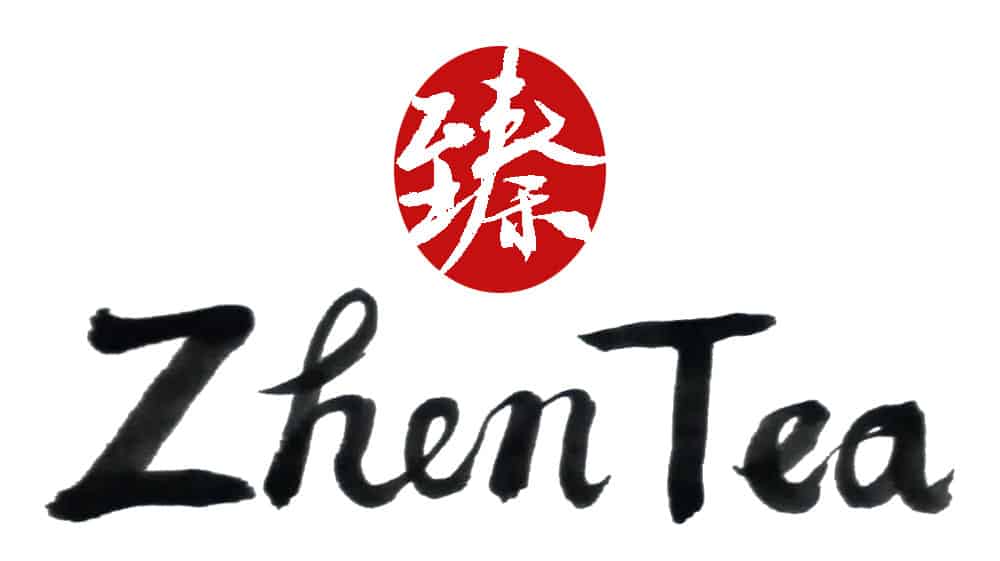
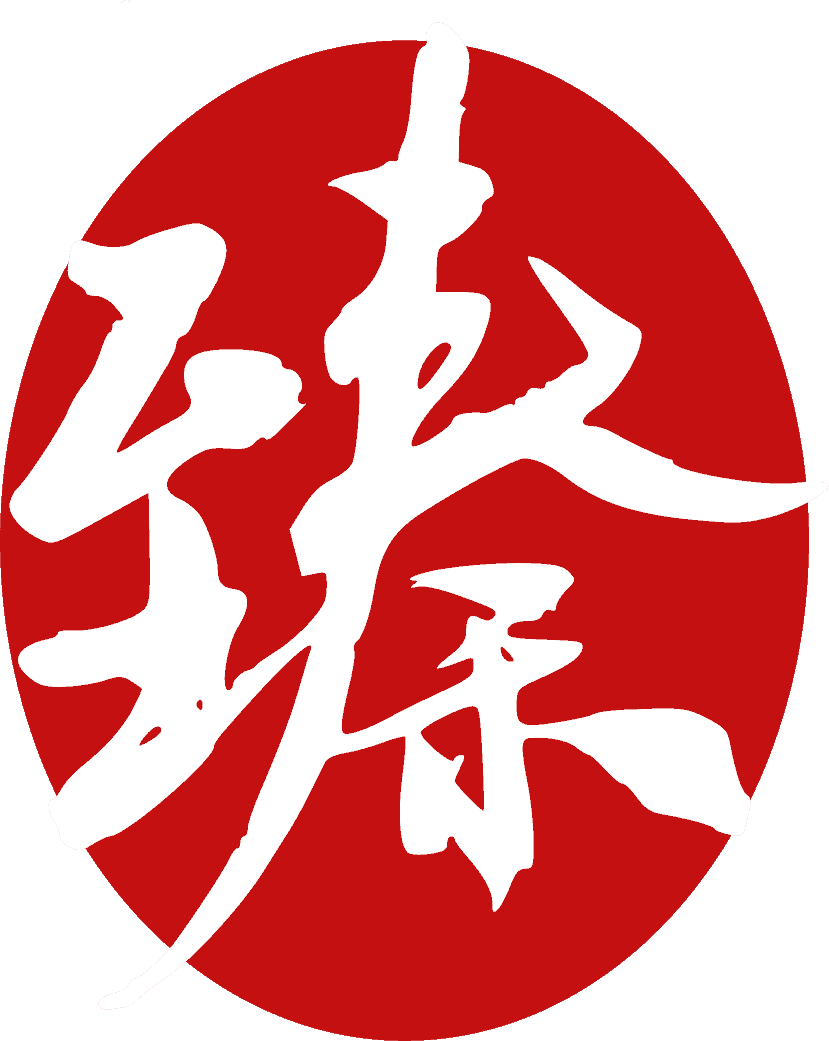
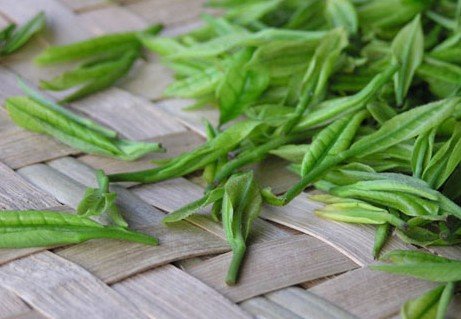


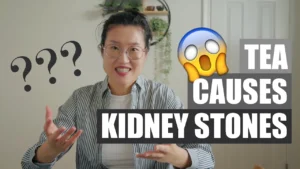

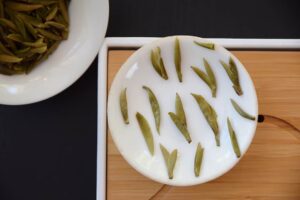
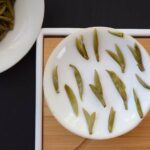
Thanks for this information.very Interesting and Good work, keep sharing.